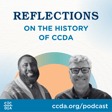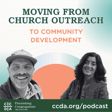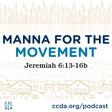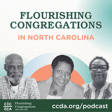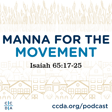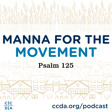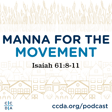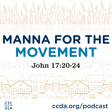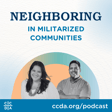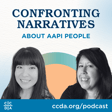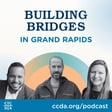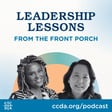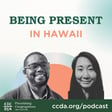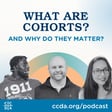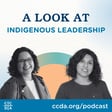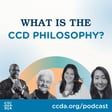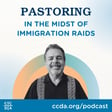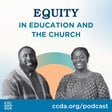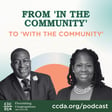
Loving our Unhoused Neighbor
John Hull is joined by Dr. Terence Lester to discuss their work with people experiencing homelessness. They share stories about the unhoused population, highlight the importance of proximity and listening to the community, and share practical ways we can love our neighbors who don’t have an address.
Learn more about Dr. Lester’s new book, From Dropout to Doctorate at ivpress.com/from-dropout-to-doctorate. And make plans to join us at the CCDA Conference this November at ccda.org/conference.
Terence Lester (PhD, Union Institute and University) is a storyteller, public scholar, speaker, community activist, and author. He is the founder and executive director of Love Beyond Walls, a nonprofit organization focused on raising awareness about poverty, homelessness, and on community mobilization. He also serves as the director of public policy and social change and as a professor at Simmons College of Kentucky (HBCU). He is the author of I See You, When We Stand, and All God's Children, and he coauthored with his daughter, Zion, the children's book, Zion Learns to See. He and his family live in Atlanta.
John Hull serves as CEO of Everett Gospel Mission, Snohomish County’s largest Christ-centered organization serving people experiencing homelessness and poverty. Since joining the Mission in 2006, John has held leadership roles across development, shelter operations, and strategic initiatives before becoming CEO in July 2024. Known for his innovative, relationship-based leadership, John has championed low-demand stabilizing shelter models, expanded holistic support services, and spearheaded initiatives like the Faith and Finances program and the Transformational Bed System “StepUp Beds”, now used by shelters nationwide. He co-leads EGM’s Poverty 101 workshop to challenge stereotypes and strengthen community understanding of how to help without hurting. At the heart of his leadership is an unwavering faith in Jesus Christ. John is committed to declaring and demonstrating God’s love through every aspect of the Mission’s work. His vision is clear: “Together, we can alleviate poverty, impact people’s lives, and share God’s love.”
Connect with CCDA on Instagram, Twitter, Facebook, and LinkedIn. Follow CCDA on YouTube.
